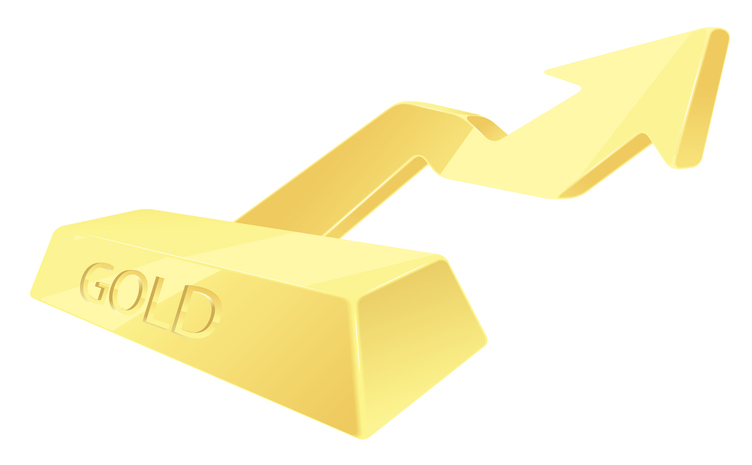Basel III And The New Role for Gold
The comments below are an edited and abridged synopsis of an article by Tom Luongo
Proposed changes to the Basel III rules will greatly affect the physical and paper gold markets if implemented in their current form.
Alisdair MacLeod’s recent article is an excellent primer on the inner workings of the rules, the gold market and the changes to the rules. In short, the advantage to using unallocated accounts will end, and the process of creating fake supply to control the gold price is on the line.
The Basel III rules will end in June for the European banking system. Bottom line: They will make it impossible for LBMA member banks to hold any exposure to unallocated pools of gold derivatives on their balance sheets.
Basel III will force a liquidation of those positions and end any fractional reserve leveraging of gold used to suppress the price. There will still be futures markets, but the gold trade will return to simply coordinating supplies of gold from producers to consumers through time, like any other commodity market.
In effect, Basel III will change the gold market from a speculative one (based on perceptions of the efficacy of monetary policy to control real interest rates) to one that should force price discovery in an almost purely physical market. Physical gold will go from being the price taker to being the price maker.
The cliff edge of Basel III lies directly ahead, and the situation begs a number of questions that Luongo addresses here.
“In the end the Free Gold community will get what they want, but not for the reasons they ever thought they would— a bidless paper gold market and true price discovery in gold. What they won’t ever get is the next step, the re-monetization of gold, unless enough people see this power play for what it is and start making the appropriate moves now, which includes getting off your high horse about crypto.”
“So, if you are looking for these new Basel III rules to be put off again, you are most likely going to wind up on the wrong side of the trade and be just more grist for Schwab’s mill.”


